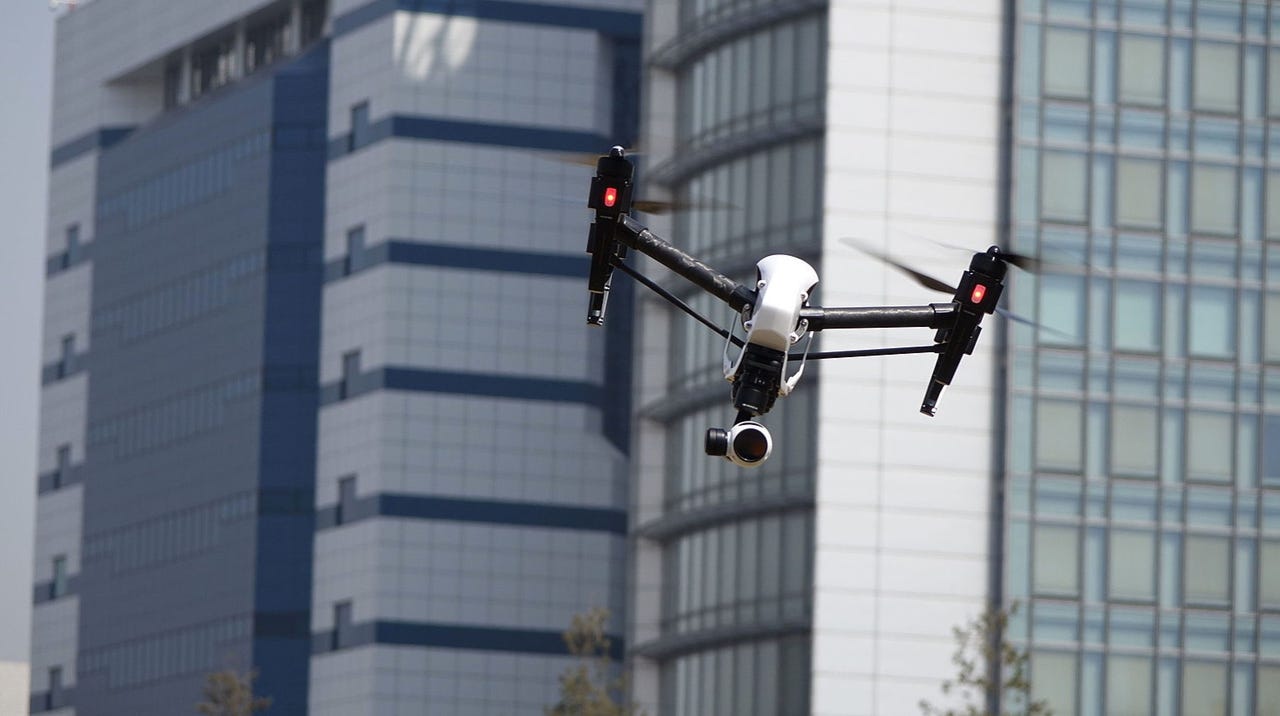Drone makers asked to hard code prisons as no-fly zones


UK prison officials want drone manufacturers to hard code prison locations into their products to stop the devices being used in illicit contraband schemes.
The UK's Ministry of Justice has been exploring ideas to reform the prison system and part of the review includes modern and new security risks such as unmanned aerial vehicles (UAVs).
In particular, drones have been detected in fly-and-drop schemes in which contraband -- including mobile phones, weapons, and drugs -- can be delivered to inmates.
In the department's recent report on Prison Safety and Reform (.PDF), government officials say that over the past few years, there has been a "sharp rise in the number of drones used to fly and drop contraband over the prison walls."
These drones can be used to send not only drugs but mobile phones and SIM cards -- of which prison officers confiscated a total of roughly 17,000 in 2015 alone.
The report says that overseers of the prison system are working on new measures to combat the use of UAVs in illicit contraband drops, but to do so effectively, prison officials wish to bring drone manufacturers in on the reforms.
Together with vendors, the prison system plans to trial "the inclusion of prison coordinates in no-fly zones" in the hard wiring of the devices themselves. The report does note, however, that by potentially including this information in consumer devices, it will be made available to criminals, too.
While there is no more information available on the pilot, the report says that in addition to potentially hard coding prison locations into drones to prevent those on the outside from being able to fly overhead and deliver contraband to inmates, officials will also work at other "technological and legislative means to reduce the threat."
See also: How to take down irritating drones without shooting them out of the sky
The government also hopes to strengthen prison security by hiring 2,500 additional prison officers by 2018. Through the new recruitment drive, 50 staff will be hired to work in a new intelligence unit which will scour information taken from mobile devices confiscated from inmates.
Possessing a mobile phone behind bars is now illegal, which also gives prisons the legal backing to interfere with signals -- and overseers plan to put this to good use by also disconnecting any mobile device known to be in use in prison without authorization.
"On a daily basis we collect good quality intelligence -- such as email, text and phone call data stored on seized mobile phones -- but we cannot make full use of that data," the report says. "That means that opportunities are being missed and criminal activity is going unchecked and unpunished."